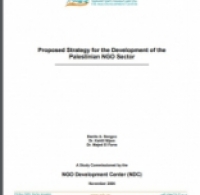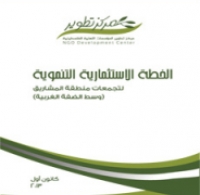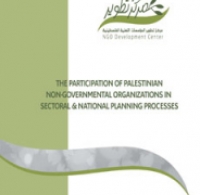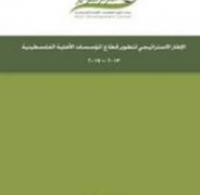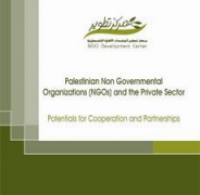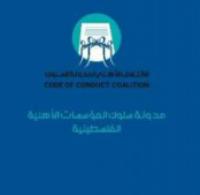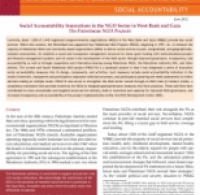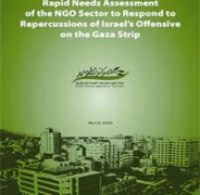On March 3 and 4, the NGO Development Center (NDC) held a rapid needs assessment workshop for Palestinian NGOs working in the sectors of Health and rehabilitation, Agriculture, Social Services and Education. It is important to note that this was the first needs assessment for and by local Palestinian NGOs. The mechanism applied focused on sector working groups and included the following points of discussion: role o f NGOs in service delivery, preparedness of NGOs in the current situation, capacity and capability of NGOs to absorb additional funding and to implement additional programs, the need of each sector by priority, immediate and intermediate interventions with an emphasis on quick start, and the possibilities of cooperation and coordination. Forty-seven NGO representatives participated in this rapid needs assessment either through focus groups, interviews, or case studies.


